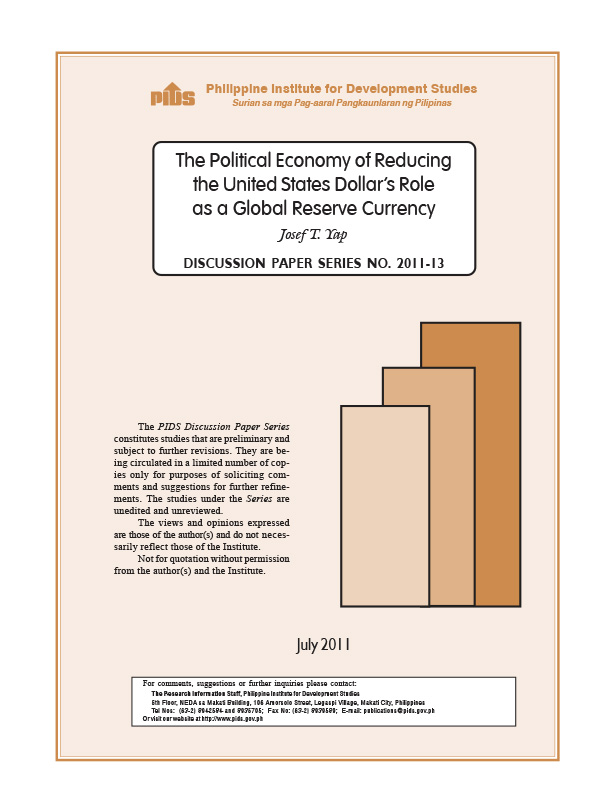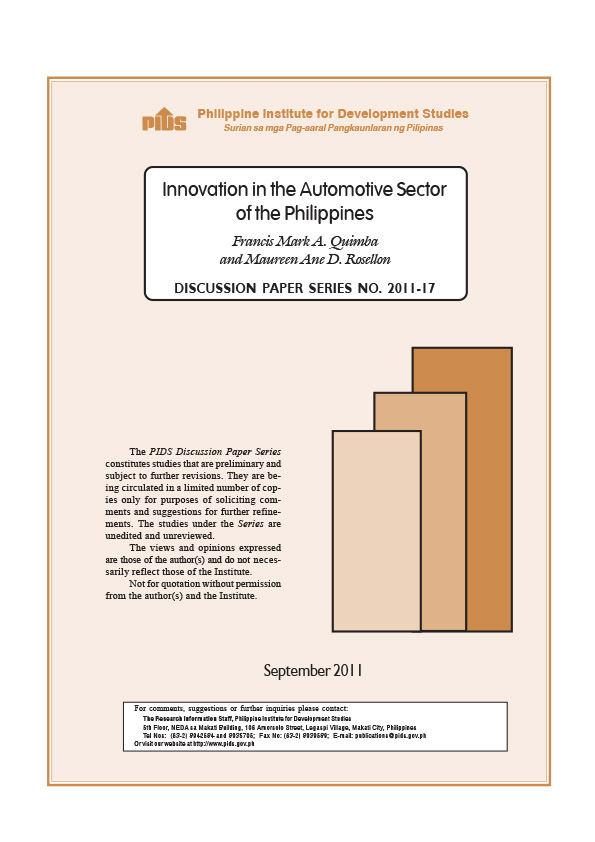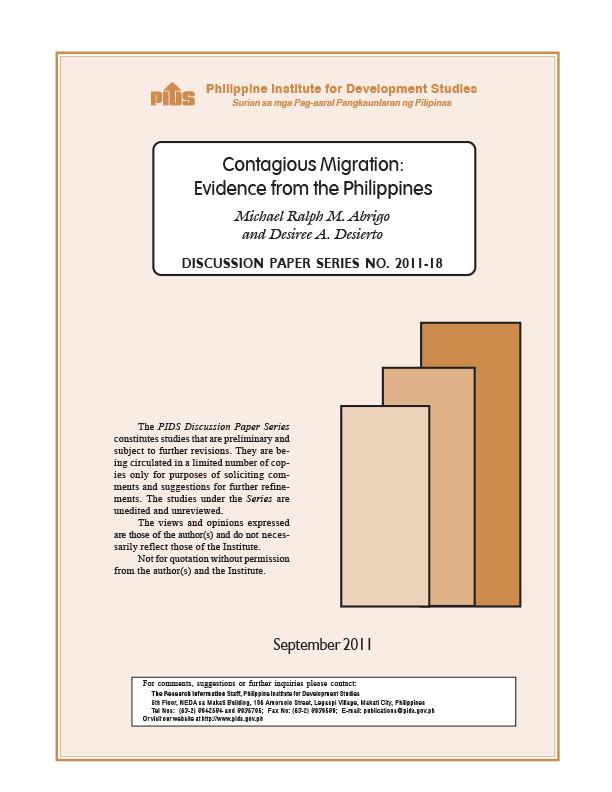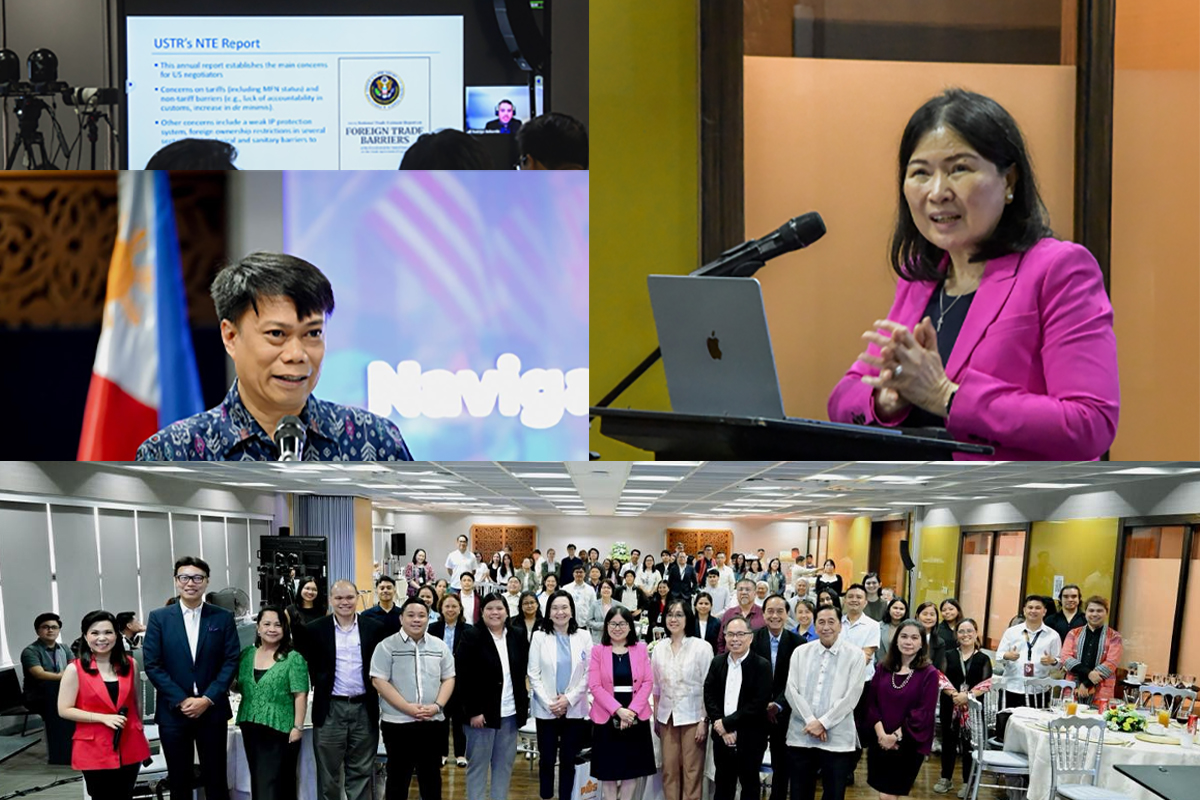Many have argued that the major source of the existing global macroeconomic imbalances are the twin deficits of the United States (US). However, there is still a debate about whether the global imbalances indeed pose a significant threat to the world economy. This matter is settled by arguing that the global imbalances acted as a "handmaiden" to the 2008 financial crisis. One way to reduce global imbalances is to reform the international monetary system and reduce the role of the US dollar as a reserve currency. Robert Triffin was one of those critical of this "exorbitant" privilege granted to the US, which makes it both a system maker and privilege taker. The Triffin Dilemma captures the fundamental instability that underlies the dollar reserve system. However, there are major obstacles to this proposal. Some analysts including Triffin cited the US security umbrella as the primary reason the US and its major allies would want to retain the role of the dollar in global trade and finance despite the underlying inequities in the system. This is related to the imbalance in global governance which is largely US-centric. The imbalance in global governance is also reflected in the dominance of the US financial system brought about by the "first-mover advantage". Because of the inertia brought about by the imbalance in global governance, economic arguments to reform the international monetary system are likely to be trumped by political reality. The paper analyzes whether current efforts in East Asia in terms of financial and monetary cooperation and rebalancing of economic growth could significantly mitigate the adverse impacts of a global system that will still be dominated by the US dollar in the foreseeable future. It also explains why the People`s Republic of China (PRC) is unlikely to make significant unilateral adjustments to reduce global macroeconomic imbalances.













